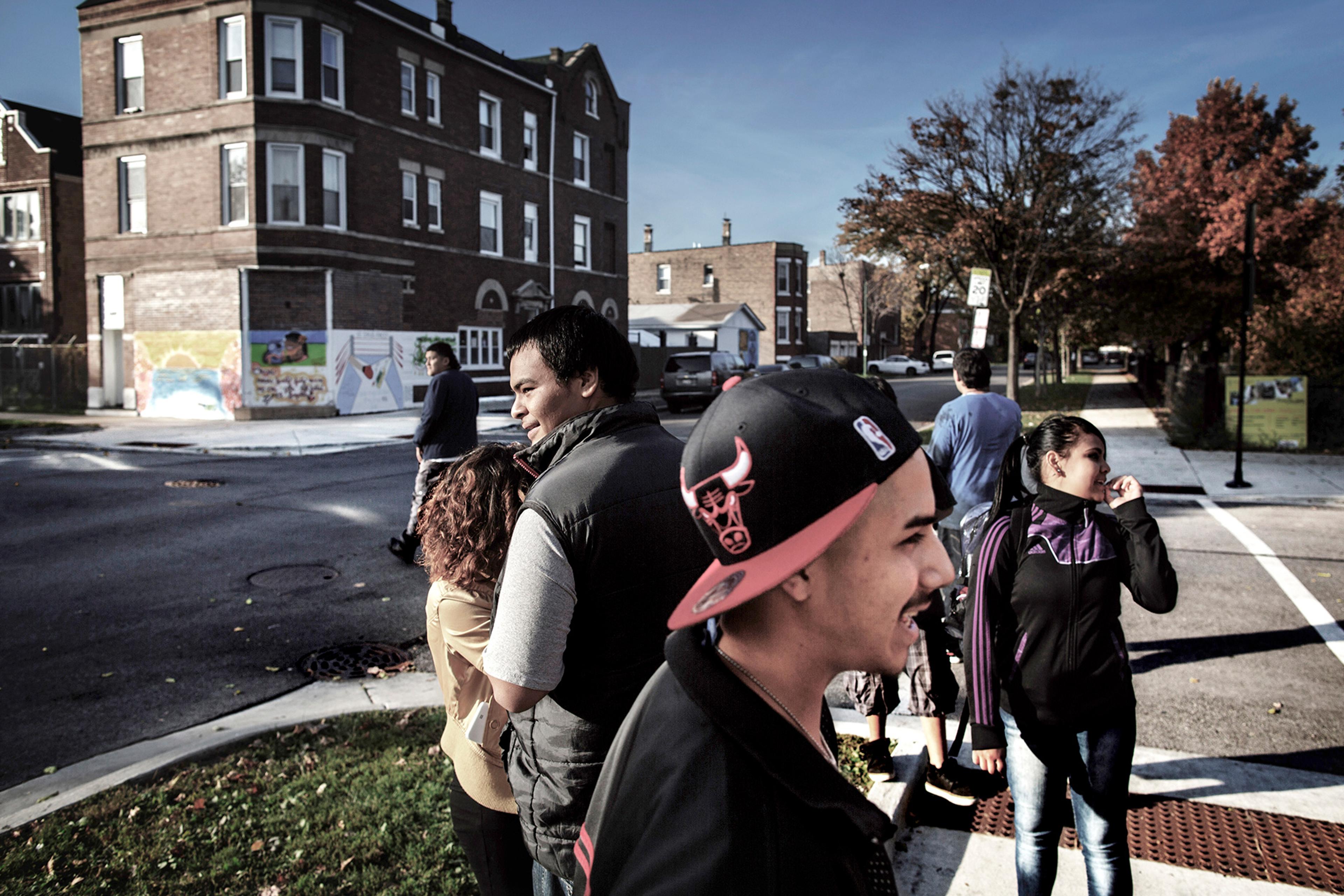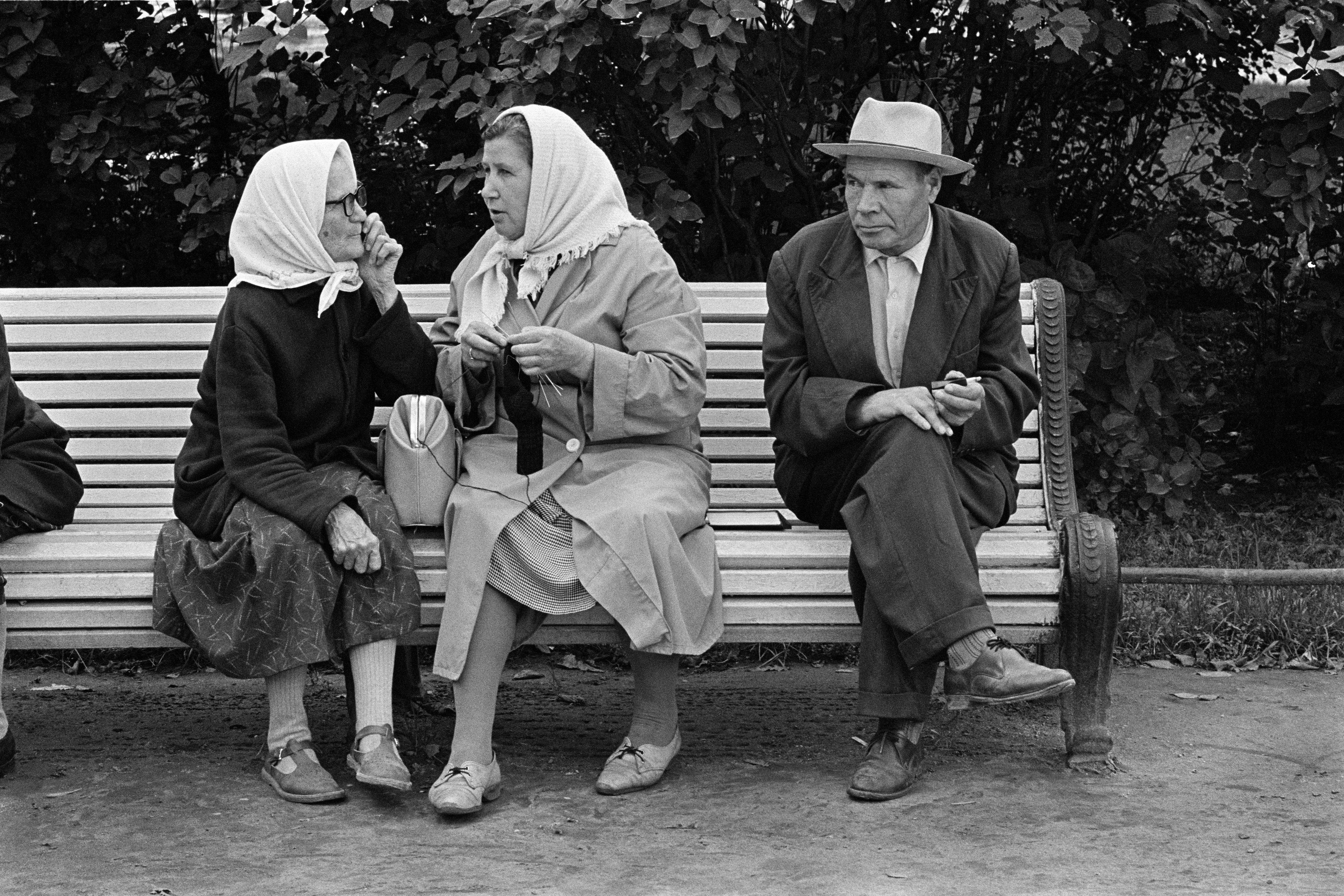The new principal of a school on the verge of closure has vowed to turn things around. Half a year in, however, the outlook is bleak. If students do not meet national performance baselines on their upcoming standardised tests, it will be the last straw for the struggling school. The principal knows that his teachers and students lack adequate resources to prepare for the tests. In a panic, he illicitly pays a testing representative to receive test questions in advance and distributes them to teachers and students, concealing their source. Eventually, his deed is discovered. Sad and angry students, parents and administrators ask: why did he do it? Is it simply that he’s a dishonest person? Or did the circumstances compel him to do it?
A classic idea in social psychology is that, in seeking to explain someone’s behaviour, people tend to inflate the importance of dispositions and neglect the importance of situations. The idea dates to the beginning of the field, appearing in the work of Kurt Lewin (1930), Fritz Heider (1944) and Gustav Ichheiser (1949). In his 1977 paper, Lee Ross coined a term for it: the ‘fundamental attribution error’. Today, it is surely one of the best-known phenomenon names in the social sciences. In many experiments, participants have been found to attribute behaviour to the personal dispositions of individuals operating under sometimes ludicrously prominent situational constraints. Some of the most striking evidence comes from the various ‘no choice’ paradigms, where participants attribute an opinion to someone whom they know to have been ordered to express that opinion.
What does it matter if we explain behaviour as sourced in the person versus the situation? Well, the difference can be both morally and legally consequential. Because character attributions are judgments of a person’s internal tendencies, they can be a powerful means of moral condemnation (eg, ‘That driver who cut me off is a complete asshole’). By contrast, situational attributions can help exculpate or excuse a transgressor (eg, ‘That driver was probably under a lot of pressure’). Since our attributions reflect our understanding of what caused a behaviour, they inform how it should be dealt with, now and in the future. For example, a convicted criminal might explain to a parole board that he has completely changed since the time of his offence; this emphasises the role of the person as the cause of the crime. Alternatively, he might explain that he will have a completely different set of circumstances than he previously did, emphasising the contribution of the situation in bringing about a crime. Which will give the parole board more confidence that the individual will not reoffend? When people tend to attribute wrongdoing more to the person, arguments about complete personal change may be more persuasive.
Importantly, however, the research to date indicates that the fundamental attribution error does not affect all people, all of the time. Among the most notable findings in the attribution literature are those concerning cultural variation: East Asian participants have been found to interpret behaviour more in terms of situations and less in terms of personal dispositions than is typical for Westerners. Similar differences have been found with Latine participants. This research demonstrates that the tendency to attribute behaviours to internal rather than external factors is not universal.
It remains unclear who can be expected to make such attributions, and under what conditions. To what extent do our own identities and values influence how we perceive the causes of behaviour? Studies of contextual effects and individual differences have suggested some sources of variation. For example, increased mindfulness was found to reduce the tendency to discount situational factors, while older age seems to increase it.
In search of further answers, we recently conducted our own research on why people judge actions – specifically, moral violations – as caused more by the person or by the situation. According to early, unqualified, formulations of the fundamental attribution error, participants should show a general tendency to judge others’ violations as person-caused, and neglect the influence of the situation. We thought that was a bit too simple to capture what moral judgment is like in real life. Our research examined two influences on attribution that had not yet been sufficiently explored: values and relationships. We hypothesised that people’s attributions would change based on whether the offender violated a moral value that the attributor particularly cares about, as well as whether the offender is a stranger or someone closer to them.
In a series of eight studies, participants read vignettes about various moral violations. In each case, we asked participants to judge the violators on a number of measures, including whether there was a ‘type’ of person who would perform the violation in question, whether people can get into situations that cause the violation, and whether the person or the situation better explained the act.
To test our hypotheses, there were a few ways in which we systematically altered aspects of the scenarios. One was by altering whether the misdeed that was described violated a participant’s own moral values or values that mattered less to them. For example, participants who highly valued respect for authority would be given text to read about violations of those values (eg, a person refusing to stand when the judge walks into the courtroom). They would also read about violations of values that they might care about less, such as instances of unfairness. We found a clear pattern in which study participants attributed acts to the person (as opposed to the situation) to a greater extent if the act violated a moral value that they especially cared about.
We also changed up the scenarios by altering who committed the act in question: in some scenarios, it was a stranger, while in others, we asked about a hypothetical violation by the participant themselves or by a specific person who was close to them (they could name a friend, a family member – whomever they wanted). In the scenarios where they or a close other committed a violation, participants tended to make more situation-oriented, less person-oriented judgments. It’s as if situation-based explanations functioned as morally consistent excuses protecting ‘me and my mates’.
To illustrate, say someone who lives in an apartment building bribes their landlord to be the first to get their apartment repainted – a fairness violation in our studies. Our results suggest that, if you value fairness, you’ll judge the bribery as quite unlikely to be caused by the situation. Yet, our findings suggest, if it was you or your best friend who bribed a landlord, rather than a stranger who did so, that would make you more likely to see situational causes. (Maybe potential business partners were coming to visit, and the place really needed to look its best?)
The tendencies we observed may be the product of a voracious psychological appetite that humans have for maintaining the integrity of groups and our positions in them. Marking someone who is not close to you as the ‘type’ to violate important moral values and reject a group’s unifying norms is a socially powerful attribution, one that effectively excludes such a person from the group. On the other hand, a tendency to attribute moral violations by oneself or a close other to the situation might be powerful in a complementary way: it excuses members of one’s own group, even as outsiders are condemned for the same violations.
Notably, the tendency to excuse moral violations also varied based on the values that study participants endorsed. Those who more highly endorsed moral values concerned with groups and relationships (eg, loyalty) were significantly more likely to attribute their own violations to the situation. By contrast, people who more strongly endorsed values concerning impartial care or fairness were more consistent in attributing violations to the person who committed them, no matter who that person was. These findings extend other, previous research indicating that peoples’ values influence how they think about the causes of wrongdoing. In those studies, people who more strongly endorsed group-oriented values such as loyalty showed a greater tendency to attribute acts of harm and force to the victims of those acts.
In the half-century since the fundamental attribution error took social psychology by storm, the field has come a long way, in part because of interdisciplinary research in the subfield of moral psychology, where researchers have applied a scientific lens to morality. The way humans make sense of cause and effect in social contexts, we now know, is not subject to a general cognitive error in which the situation is overlooked. Instead, the situation is often highly salient, especially when it may be used to pardon ourselves and the people we care about. On the other hand, as much as we might wish to believe that we take account of extenuating circumstances and ‘reserve judgment’ when assessing the actions of strangers, the data suggest we could try harder.
Of course, to describe the cause of wrongdoing as either person-based or situation-based is a simplification. But we can utilise the person/situation dichotomy as an instructive framework. When punishment is meted out or a friend’s transgression stirs discomfort, we can ask: how focused am I on the person (eg, what I believe are the person’s intentions and traits)? What is the contribution of the situation (eg, resources, stresses, rules, job demands)? For more insight, we can factor in values: is this violation relevant to what I find morally important? If so, it may be that strangers’ violations will trigger more person-based attributions, and circumstances will be under-appreciated. For ourselves and close others, we can expect that we may be much more generous with situational explanations.
Perhaps the evolving research on attribution will make it easier to understand and interact with people whom we consider to be morally ‘bad’ or ‘wrong’ in a less judgmental way. After all, the same situational explanations we make so easily for our own and close others’ violations could be extended to other people, highlighting some of the overlooked (and maybe exculpating) circumstances they faced.








